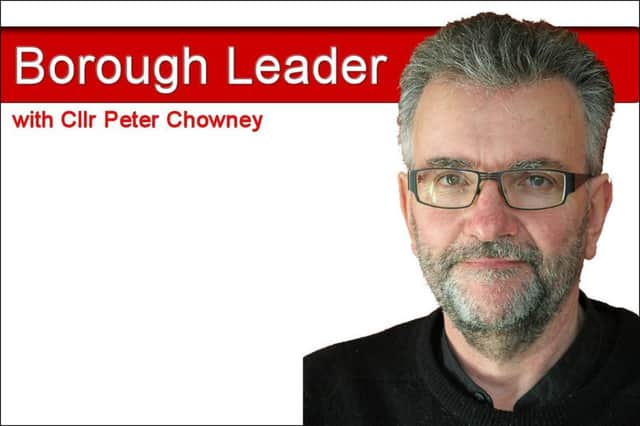Hastings needs to take every opportunity to find green energy


But we need to look at every option for sustainable energy generation. Even the government’s unambitious targets mean that all coal-fired power stations will close in six years’ time, with petrol and diesel cars phased out by 2040. There is as yet no target to get rid of all fossil fuels for electricity generation, but that will come. The French government has adopted a target to make the entire country carbon neutral by 2050 – a similar target is inevitable in the UK if we’re to avoid catastrophic climate change.
To achieve that, the electricity we generate from renewables would need to increase four-fold. At the moment, the government has no realistic plan to achieve this, depending entirely on the private sector and local government to come up with renewable electricity generation schemes. Indeed, their policies work against it, with an effective ban on onshore wind generation, and the abolition of the feed-in tariff for small-scale solar generation – if you install solar panels on your roof after March, you have to give the surplus energy back to the electricity supplier for free, so it’s no longer viable. The only large-scale energy project sponsored by the government is Hinckley Point C nuclear power station, which will be owned and run by the French government.
Advertisement
Hide AdAdvertisement
Hide AdThe amount of electricity we currently use can be reduced. Better home insulation will help, which is why Hastings Council is revising its local plan to require higher standards in new homes. Also, ten percent of the electricity we generate is lost via the national grid, from electrical resistance in power cables. Generating electricity locally will help to overcome that, and reduce electricity costs.
So, as a major landowner, local government needs to face the challenges ahead. It would be irresponsible not to consider every possible opportunity for renewable energy generation. And the scale of what’s needed means that every council everywhere will need to face up to some hard and controversial choices.
It isn’t easy finding sites for viable solar energy generation. They work best on south-facing slopes, and generally have to be on low-grade agricultural land that can’t be used for housebuilding or commercial development. They also have to be near a main power cable, so they can be ‘plugged in’ to the power network. The three potential sites the council has identified are, at the moment, the only ones that appear to be viable, with the least visual impact. The country park proposal would cover about 10 acres, less than 2% of the park, on grazing land with no public access, providing electricity for over 1,000 homes. But it’s close to ecologically sensitive areas. It would need careful assessment and approval from English Nature before it could be considered further.
Hopefully, government policy will soon change to address the seriousness of climate change and what’s needed to achieve its own and international targets. But if we’re to avoid a sudden panic as climate change progresses, where we’re forced to install renewable power generation everywhere, we need to be considering all the possibilities right now.